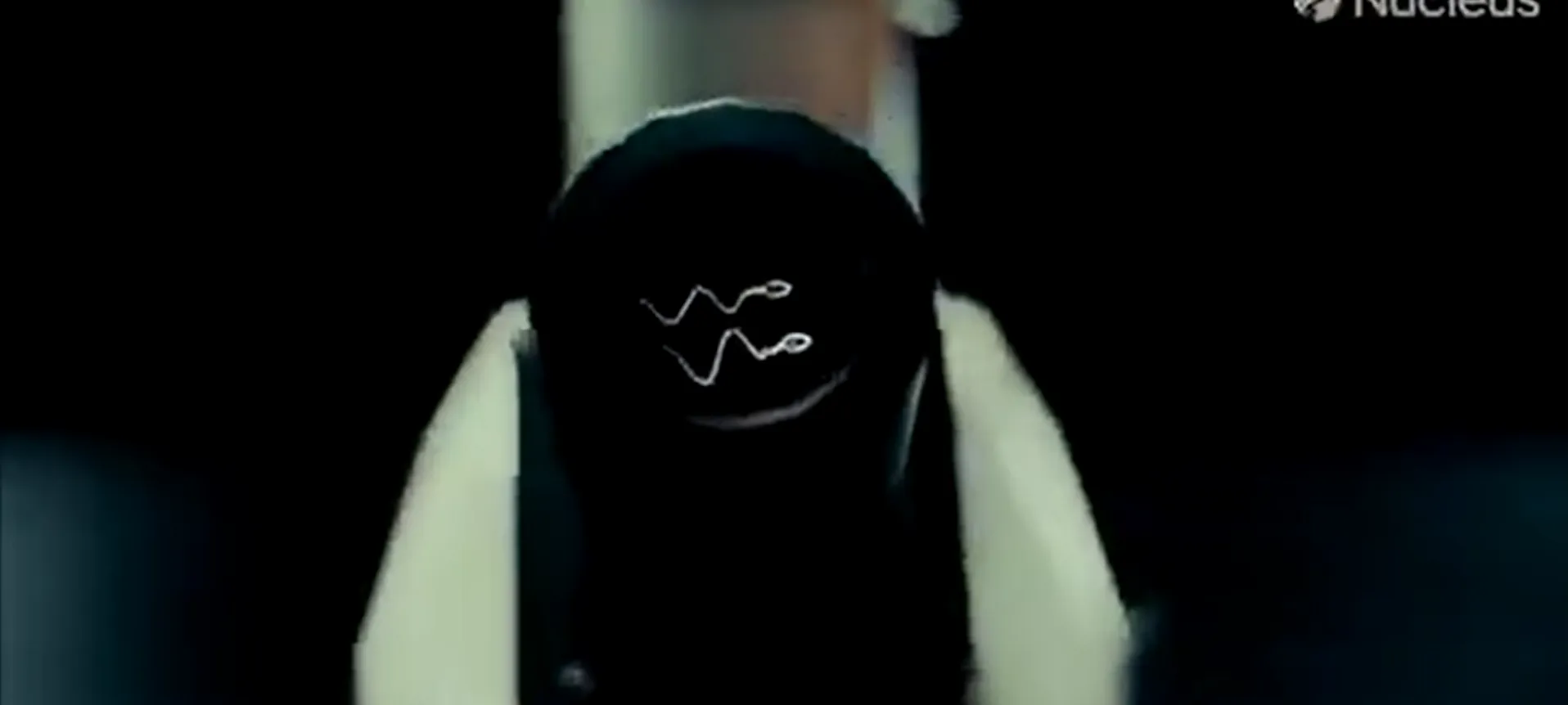- By Supratik Das
- Sun, 27 Apr 2025 01:28 PM (IST)
- Source:JND
In a non-traditional bid to bring attention to male infertility, a Los Angeles event showcased a "sperm race" that drew hundreds of onlookers. The race was promoted by 17-year-old high school student Eric Zhu and was intended to raise awareness regarding dipping sperm counts and what potential future consequences might arise from male infertility.
The competition, which was on Friday evening, involved male participants donating semen samples in advance. The samples were then laid out on two-millimeter-long tracks by a technician wearing a lab coat. The sperm cells were then pitted against each other under the microscope, the race being recorded and projected to the audience in the form of a 3D animation program. The event's innovative configuration invited comparison to a science experiment, but its intention was evident: make people aware of the alarming trends in male fertility. Zhu, who raised more than a million dollars to organize the event, was motivated by dire reports on social media that sperm counts have decreased by half in the past five decades. He was worried about a future where infertility becomes common, resulting in a "dystopian future" where human reproduction could be threatened.
Recent research, such as one co-written by reproductive epidemiologist Shanna Swan, has identified a worrisome trend in declining sperm counts. Swan said more exposure to environmentally active hormonally active chemicals has had a detrimental effect on male fertility. Although Zhu's incident is not definitive scientific proof, it underscores the significance of improving sperm quality through lifestyle changes and managing reproductive well-being. "It's your decision to sleep earlier, stay away from drugs, and eat well – all these things have a big impact on your fertility," Zhu said, stressing that personal choices can enhance sperm motility.
Audience Participation And Adolescent Humor
Although the event had educational content, the mood gravitated toward silly and teenage humor. Onlookers, who were predominantly college students, wore costumes, such as one that looked like male genitals. The hosts entertained the crowd with obscene jokes and banter, walking the fine line between scientific consciousness and a viral prank. Though lighthearted, the subtext of the event's message regarding male fertility was unmistakable. A live stream on YouTube of the event garnered more than 100,000 views, further increasing the campaign's visibility.
Zhu Clarifies Distinction From Pro-Natalist Views
Zhu was quick to distance himself from the pro-natalist movement, which includes figures like Elon Musk who have expressed concerns about population decline. “I’m not like Elon Musk, who wants to repopulate the Earth,” Zhu said. He stressed that his objective was not to push a political agenda but to focus on the health aspects of sperm quality and encourage better lifestyle choices.
